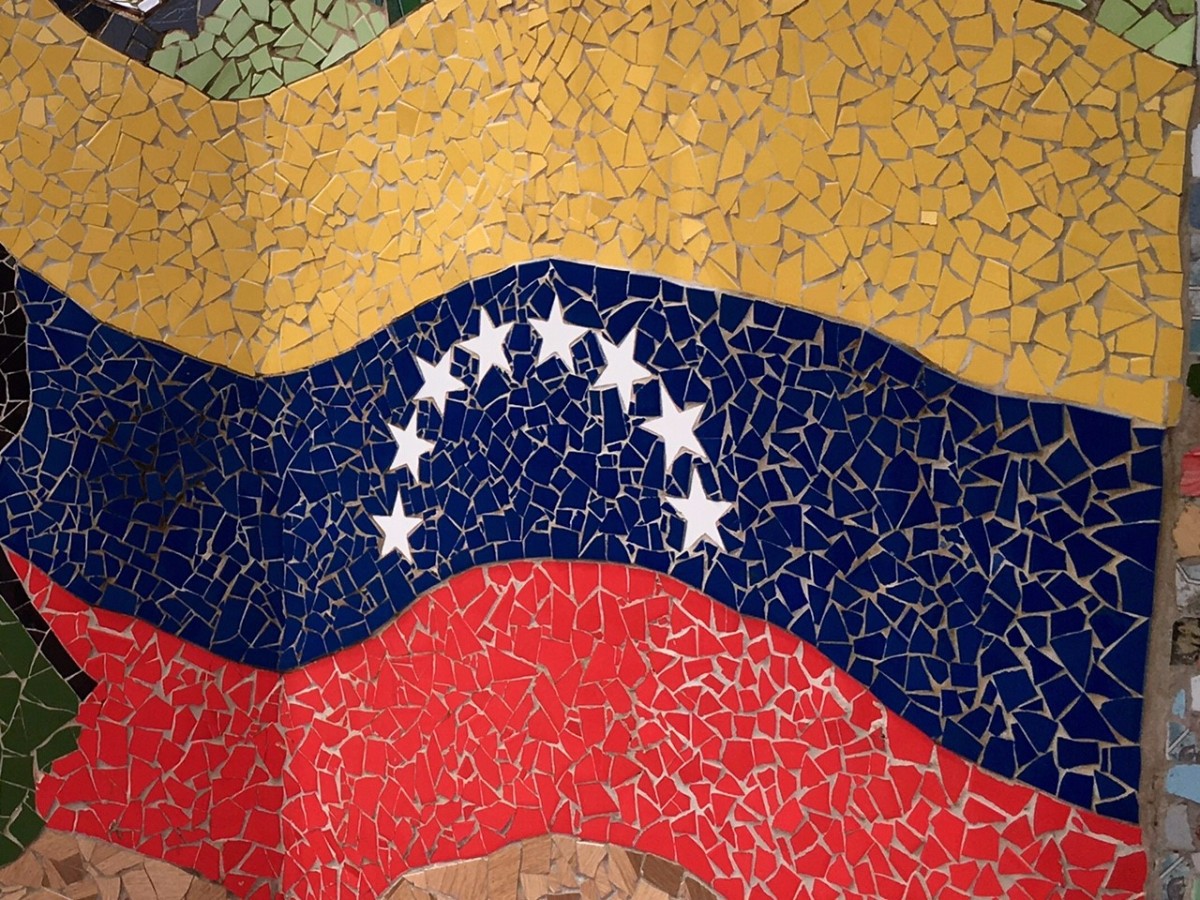 Image courtesy of Enya Gonzalez Guitart
Image courtesy of Enya Gonzalez Guitart
Venezuela’s Balancing Act: A Reopened Border and Growing Crisis
A year after Venezuela closed the border with its neighboring country Colombia, the two nations agreed to permanently reopen five border crossings, after temporarily opening the border in July. Facing an economic and humanitarian crisis resulting in severe shortages of many goods, tens of thousands of Venezuelans lined up to cross the border in hopes of buying much-needed supplies. Migration between Venezuela and Colombia has serious implications for both countries and the rest of Latin America. Moreover, the progression of the Venezuelan crisis has the potential of developing into a serious U.S. national security threat.
During the temporary opening in July, nearly 200,000 Venezuelans crossed the border. Within the first few hours of the permanent reopening in August, more than 28,000 people walked across. Reopening the borders has provided significant relief to the many Venezuelan families who were unable to obtain their basic needs – food, water, medicine, etc. – in their home country. Additionally, Venezuela’s President Madura hopes the reopening will lead to, “a new beginning for economic and trade relations.” Overall, migration is crucial for the survival of Venezuela’s people during the economic crisis. However, it’s important to note the potential risks and effects of increased migration.
For years, the border has been a “hotbed of smuggling of everything from price-controlled toothpaste and pasta to illegal drugs and weapons.” Closing the border a year ago did not eliminate the issue of smuggling, as many continued to cross using alternative paths. Nevertheless, reopening the border has the potential of facilitating illegal smuggling, which in turn can impact both countries’ economies and increase illegal trade of drugs and weapons in the region. Amid warnings that the reopening could fuel a wave of illegal immigration, Colombia has already begun deporting Venezuelans.
Increased weapons trade has the potential to threaten the peace agreement Colombia and the Revolutionary Armed Forces of Colombia (FARC) finalized earlier in the summer. Shortly after the ceasefire was announced, a faction of the FARC announced that it would not disarm and demobilize. Colombian President Santos responded by warning that he would order the Colombian army to pursue the faction. However, the potential flow of weapons into Colombia has the ability to arm factions and individuals opposing the peace agreement. This would threaten the outcome of the pending referendum, and counter Colombia’s efforts to disarm FARC. Additionally, it may challenge the government’s efforts to hold peace talks with Colombia’s second largest rebel movement, the National Liberation Army, which poses the risk of filling the void left by the FARC.
Under Plan Colombia, combatting drug trafficking and terrorism in Colombia has been an important element of U.S. foreign policy. While Colombia has witnessed significant improvements in its national security, increased migration has the potential of threatening the country’s progress, and as a result, U.S. foreign policy. As such, it is in the U.S.’s best interest to assist Colombia in maintaining the peace it has long worked for as the country welcomes tens of thousands of migrants.
Currently, the majority of migrants return to Venezuela at the end of the day, however, as conditions worsen, they are considering not returning. President Santos has already claimed that there have been cities experiencing “invasions” of Venezuelans who refuse to return to their home country. The U.S. has not been immune to this phenomena. So far in fiscal 2016, the U.S. has witnessed a 168% increase of Venezuelan asylum applications. If migrants increasingly decide to seek refuge elsewhere, host countries will face serious challenges to their immigration and security systems. Additionally, Venezuela may experience more challenges to its economy as it loses a significant amount of its human capital.
Limited in its ability to influence Venezuela’s government, the U.S.’s objectives are to “help Venezuela avoid a disaster” and prevent a refugee crisis. Increased emigration from Venezuela can spiral out of control and result in a complete economic collapse, which would affect the rest of Latin America and the U.S., as trade partners. Nevertheless, emigration also has the potential to force governments to take action. To ensure its national security, the U.S. should continue to prepare and respond to increased migration from Venezuela, while developing its relations with Colombia and surrounding Latin American countries through public diplomacy. In the upcoming weeks, the American Security Project will be publishing a long paper that further explores these issues, and other recent developments in Latin America, through the lens of public diplomacy and foreign policy.





